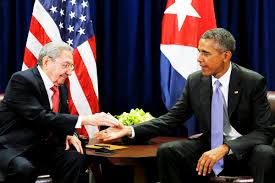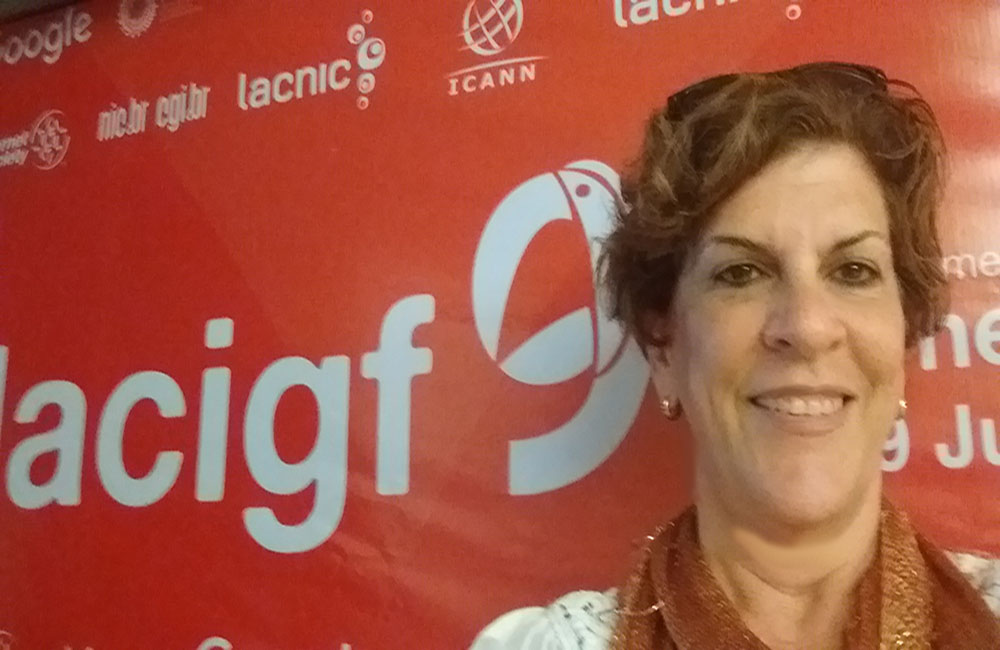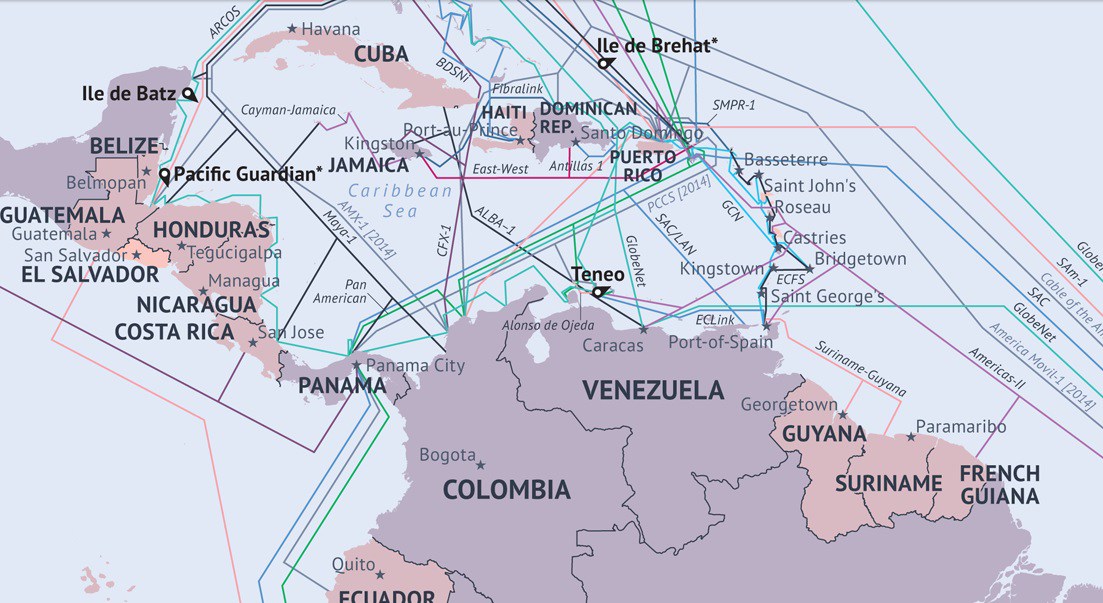Regina Coyula, 7 November 2016 — The leaks of presidential candidate Hillary Clinton’s emails and those of her campaign chief have revived a debate that began with evidence that the National Security Agency (NSA) was spying on communications, with both national and foreign politicians suspected.
But the NSA is not the only one, nor is the honor of those with the ability to spy verifiable. Under labels as sonorous as national security, sovereignty, media war, competition, soft coup, industrial secrets, etc., government spies, companies spies, and, on more than a few occasions, innocent people are those under scrutiny. continue reading
It is, on the other hand, the fact that the great technological companies have given way to government pressures and have delivered inside information. Furthermore, the companies supplying information and communications technologies possess metadata about their users which, in context, may be relevant.
No one watches over one’s personal interests better than oneself, so the protection of data acquires an individual character. Arguments such as having nothing to hide is weakened before the possibility of joke in bad taste that you cannot handle an email account because someone changed the password or erased the contacts; or following the jokes, you see your profile on the social networks with photos and comments that are not yours and spend enormous efforts to regain control. These would be the simple cases.
It seems that the foregoing and what follows are only loosely related. The Internet Corporation for Assigned Names and Numbers (ICANN), which was until last month was under the control of the an agency of the Department of Commerce of the United States Government, has been turned over to an independent agency with the management of multiple interested parties.
This transition has been a subject of controversy regarding the roles appropriate to each one of these multiple actors. Representatives of controlling governments and some founding entities that, to save themselves from the hegemony of the great powers and of the great businesses of the sector, a minding international regulation is necessary for the use of cyberspace.
They have put into place a closed model with the services of the internet but without internet (for example, Reflejos, Tendedera or Weibo), which favor control of information traffic. In the name of a 20th century mentality, they try to put something as global as the internet in a straitjacket.
The most modern and predominant vision supports the strengthening of ICANN as a global and autonomous organism with a transparent management, in such a way that neither governments nor great private entities could take control of this institution whose functions include more than just naming and numbers. These names and domains and IP addresses allow access to data such as the source and destination of data packets.
The concept of global internet on a fragmented model puts the human being above any other interest with the intention that their approach to the network is free of any monitoring, whether to track their tastes and inclinations for commercial purposes without their consent, as well as their right to inform and be informed to avoid the search of the sites they visit and with whom they communicate.
Whether one lives in a democratic state, or not, is not determinant when the time comes to protect personal data, although it could seem more important in some places than others and, in some cases, determinate of the integrity not only of data, but of one’s physical self: journalists who report on complex scenarios and issues.
Every cybernaut has an idea of the importance of protecting their bank accounts and social network accounts, but digital security, more than a right, is also an obligation. An urgent obligation in complex environments. Even mega-corporations have tried to distance themselves from the lack of confidence that is created by giving out private data and putting in users hands the tools to strengthen the securities of their communications and interactions. It has been a joint achievement of organizations and people who insist on behaving responsibly in the face of the privacy of the numerous but also most indefensible link.
Some basic recommendations for better digital security:
1. Implement complex passwords for one’s devices and accounts.
2. Use email accounts that have two-step verification.
3. Use instant messaging services that are encrypted end to end.
4. Use blog platforms with double verification.
5. Always think before sending a text, and image a video that could affect you or third parties.
6. Check (insofar as is possible) the integrity of programs and downloaded attachments.










